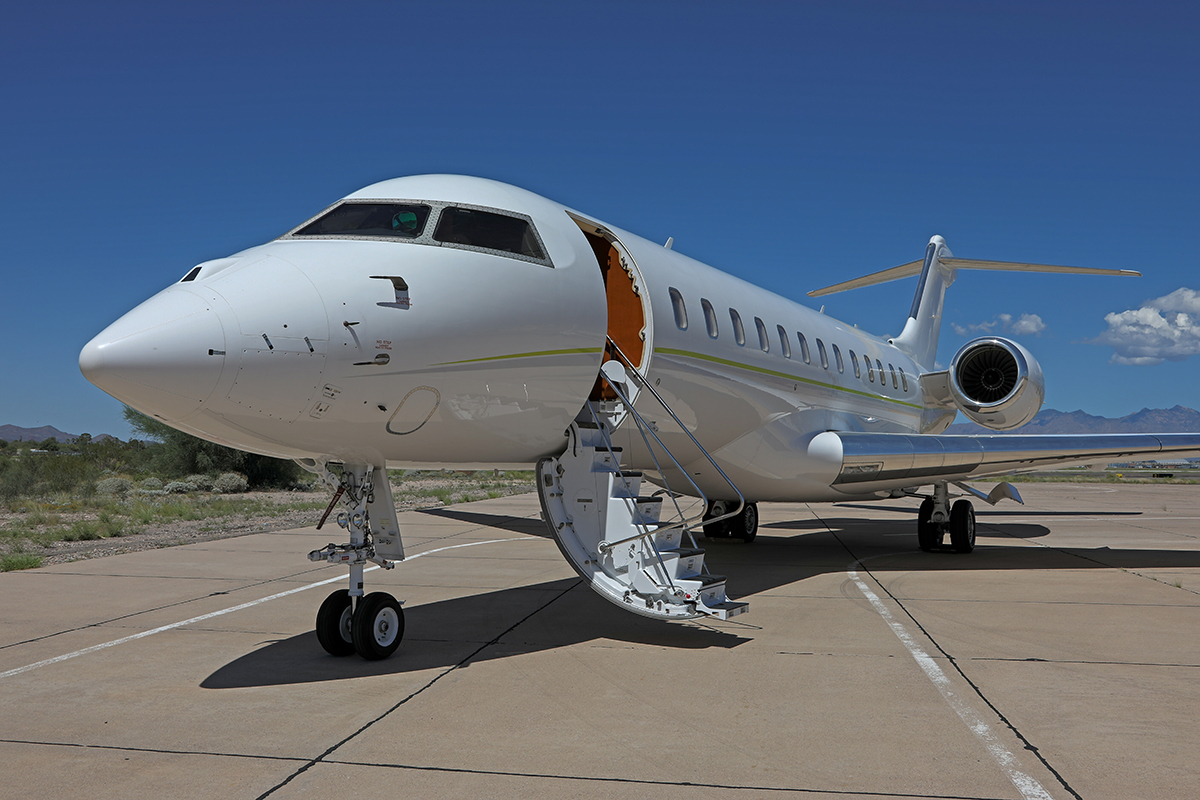
People are buying bigger and bigger planes, says Jetcraft’s Jahid Fazal-Karim such as the Global 6000 private jet pictured here
Jahid Fazal-Karim joined Jetcraft in 2008, and has since transformed the company from a primarily US-based organisation to a global trading platform. LUX Editor-in-Chief speaks to the Dubai-based businessman about the private jet market, why buying pre-owned makes sense and how the jet sharing business is creating future buyers
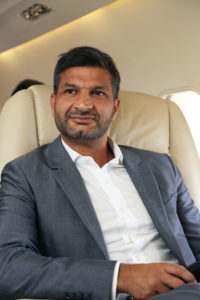
Jahid Fazal-Karim
LUX: Can you tell us a bit about your background and how you got into aviation?
Jahid Fazal-Karim: I’ve always been passionate about aviation. I studied aerospace engineering in France and after that I did a master’s degree in air transport management in Crenfield. Then I joined Airbus in the marketing team. After that I moved to the US to work in marketing for a commercial aircraft there. I spent nine years in commercial aviation and then eight years in business jets. My last job [before Jetcraft] was at Bombardier where I was running the sales for private jets worldwide.
LUX: What led you to Jetcraft?
Jahid Fazal-Karim: I was 38 years old, and I come from a family of entrepreneurs. My father was an entrepreneur, my grandfather was an entrepreneur, and I came to the point where I’d been working for two big companies and I thought: ‘okay, it’s probably time for me to start something on my own.’ As I said aviation was my passion so that’s where I wanted to stay, and I love the private jet side because it’s much more diverse. On the commercial aircraft side of things, you know your clients and they all have the same issues. They’re airlines, they buy an airplane to make money, right? So it’s very methodical. They all go for the best deal that’s going to produce the most amount of profit for them. The business aircraft side is much more diverse. You have airlines like VistaJet and Flexjet that are more analytical, but you also have the emotional side, or the high-net-worth individuals who are just buying planes. Some people will just buy a plane because they like it or they won’t buy it because they won’t like it. It is what it is. I’ve had clients that won’t even go in the plane. I remember I showed a Challenger 604 once, and this client came in, he saw the plane and said, ‘It looks too fat.’ The private jet industry is more varied and that makes it fun and exciting.
Follow LUX on Instagram: luxthemagazine
LUX: What was your initial business model for Jetcraft?
Jahid Fazal-Karim: So here’s the thing about this industry. Nowadays, the industry is much more organised, and it it is getting more and more consolidated and organised. But 10 years ago when I left Bombardier, it was still outside the manufacturers, which were really professional companies that run proper businesses. But on the non-manufacturer side, nobody really looked at figuring out a way to make it a real structure for buying and selling. So when I left, I saw there was a gap there, and I started by doing a lot of deals by myself. It’s funny because I went from running an organisation with 300 people to doing everything by myself. I was getting a lot of business and at some point I had to either create a structure or buy into a good structure that I could grow. And that’s how, I ended up doing a deal with Jetcraft. At the time, I met Bucky Oliver, who was the owner of Jetcraft and I bought 50% of the company and it was a great company because he had the right pace. You know when you build something, you have to think about a pyramid, right? If your base is good, then you can start adding blocks. If it’s the other way around, it’s not going to work. The base of Jetcraft was really good, the culture was really good, the management team was good. So I bought 50% of Jetcraft and really expanded it to become a proper global structured company for sales and marketing. Essentially, we’re a sales and marketing company, but all I’ve done really is duplicate the OEM sales structure but into a non-OEM environment, and put some structure around brokerage, around buying, selling, financing and deals.
LUX: Is it purely a brokerage, or do you buy and sell yourself?
Jahid Fazal-Karim: Brokerage is one piece of our business because you have to be in the brokerage business to generate deals, but the main thing that we do that a lot of people can’t do is that we trade, we buy and sell. The other unique thing about Jetcraft is that we’re truly a global company, meaning that if you’re Chinese and you want to buy an airplane, you’ll be talking to somebody at Jetcraft that actually speaks your language, and so that allows us to be everywhere. Right now, for instance, the US is a pretty active market, so a lot of buyers are from North America, but outside North America there are challenges in Russia, China, Africa and so we have a lot of sellers from those countries. Now if you’re in the US, you’re a North American buyer and you want to buy a Chinese airplane, it’s actually a challenge for you to do it. And they don’t like to do it, because for them they think: ‘Oh no, it’s Chinese. I’m not going to touch the plane.’ So what do we do? We bridge that gap. We’ll go and acquire the plane from China, we’ll take it to the US, we’ll make it a US registered airplane, we’ll invest in the plane and we’ll make it proper US based airplane and then a US client can buy it. It’s all about being everywhere and arbitraging the sales side and the buy side.
LUX: Is the market driven purely by requirement?
Jahid Fazal-Karim: My background was working for manufacturers. So then you have to sell what you build, right? But the Jetcraft model is very different because it’s really customer centric. We actually provide what is best for the client. And like I said, some clients are very emotional people. They’ll say: ‘I want to buy that plane because it has three engines and I want to fly with three engines’, even when technically it doesn’t make a difference. It’s not less or more safe. But you know, if I had a client and that’s what he wants to buy, then I’ll find a way to get him the best three engine airplane that fits his needs. Some clients don’t know what they want so we’ll give them the choices of what’s available and list all the differences in all the different products.
We also focus on structuring a transaction that works for the client, because it’s not just about the airplane and the model and the brand. It’s also about how they want to buy. Some people are cash buyers, some people want to do tax deals, some people want to finance, some people want to be more confidential and they don’t want to be seen as owning a plane. So then you have to build different structures for them, and that’s been the big shift between working for Bombardier or Airbus and being at Jetcraft.
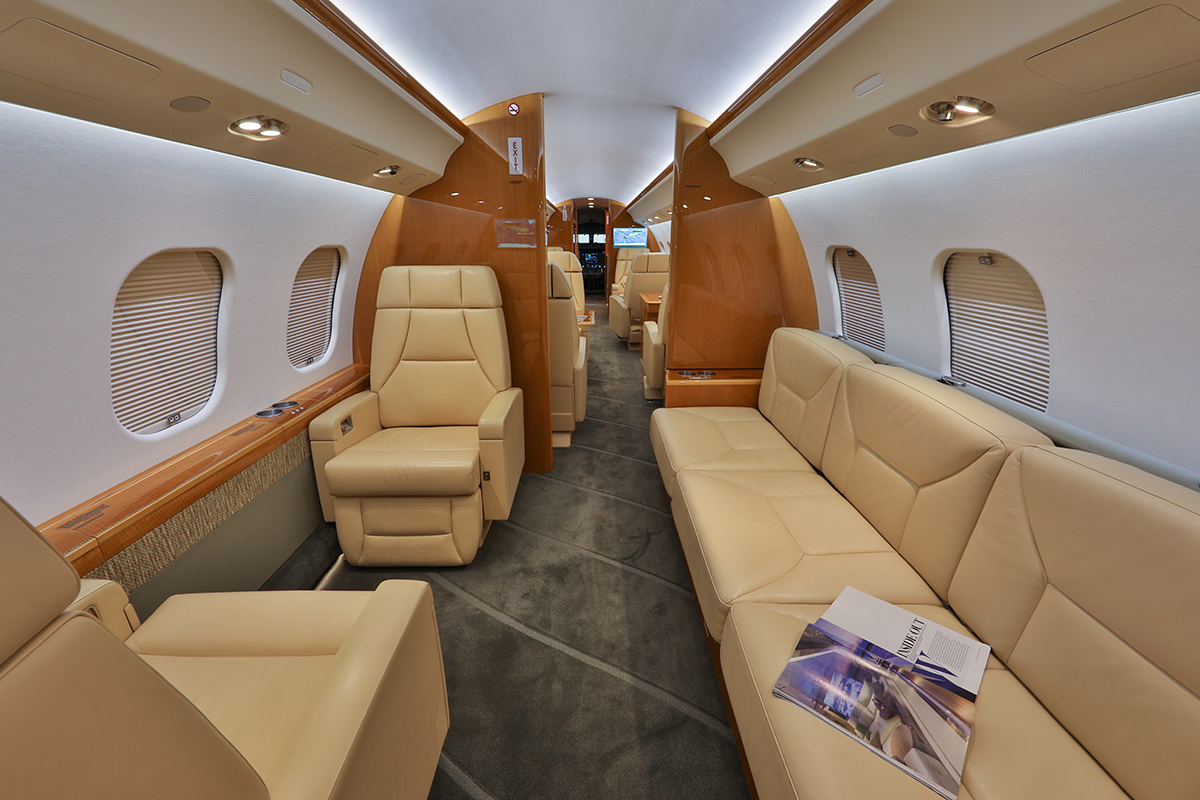
Interiors of the Global 6000
LUX: So there’s a whole service element to it?
Jahid Fazal-Karim: Yes, but we don’t actually do a lot of the services portion ourselves. For instance, I don’t manage planes, I don’t operate them because there are enough people in the world that are actually doing that very well, but we know all of the good service providers, we have relationships all around the world to put the buyers in touch with the right service providers. We really focus on the asset, on the buying, the selling, or representing a buyer, or representing a seller, and structuring the deal around the asset.
LUX: Are your clients typically businesses or individuals?
Jahid Fazal-Karim: Our clients can be corporations, or they can be private individuals. It’s really a diverse space. Very often people ask me: ‘what do you really sell?’ And I tell people: at private aviation, we sell time. It’s about how valuable your time is. If you’re a billionaire, or you’re CEO of a big company, your time is so precious that you’re not going to go waste time going to an airport, doing a check in, arriving three hours before, et cetera, et cetera. That’s where the private jet comes into play. And so most of our deals are with business people. They’re not for really private use. They’re for businesses, to be more productive. That’s why we call it a business jet.
Read more: Hirsh’s creative director on designing timeless jewellery
LUX: Why do you think clients choose you over other options?
Jahid Fazal-Karim: That’s a very simple question to answer actually. We are the largest in our field and we have the best experience advising clients to buy whatever they need, number one. Number two, we can probably structure a transaction that would be better than anybody else. And we’ll probably find the best airplane for you, at the best buy. Because if you talk to somebody else, maybe you’ll talk to somebody in London, you’ll have access to a few number of airplanes on the market, but your London contact isn’t going to know the right airplane that maybe selling out of Russia or China or Africa, which is going to be a better value. We’re everywhere and I think that makes a big difference.
LUX: Why would a client buy pre-owned jet rather than going straight to the manufacturer?
Jahid Fazal-Karim: When I advise clients, I always tell them that if you’re not biased against somebody else having flown the plane, then the pre-owned deal will always be a better economical solution because the pre-owned airplane has already taken the first depreciation. It’s like a car. Once the plane is new, you take it out of the garage, it’s already lost 10%. So let’s say you buy a three to five year old plane, which I think is a good sweet spot for a first time buyer, your depreciation risk over time will be a lot less than buying a brand-new plane. But there are also advantages of buying new planes. So then it becomes more of a personal preference.
LUX: In your opinion, what is the best business jet on the market?
Jahid Fazal-Karim: It depends on the category, how many people you want to fly, how far, how much money you want to spend.
LUX: Let’s say eight people, long-haul, unlimited spend.
Jahid Fazal-Karim: In terms of models, I would say there’s probably three main models. There’s the 7X/8X – they are very quick planes, very modern. On the Bombardier side, you have the global line, 6,000, 5,000, 6,500, 5,500 and then on the Gulfstream side, you have the G 500, 600, 650. Frankly those three manufacturers and those planes, they all have pluses and minuses. And it becomes a lot to do with preference and budget. If you have a limited budget, you’re probably going to go for either the Gulfstream or the Bombardier. If you have unlimited budget, you can probably go for the best one if you wanted to, but the three planes are pretty equivalent. I personally have a bit of a bias because I used to work for Bombardier and I sold the Global. I always felt that the Global was one of the best – it’s an amazing airplane, especially when when you’re inside the plane and flying. On today’s market, it’s probably the best compromise between size, range and comfort.
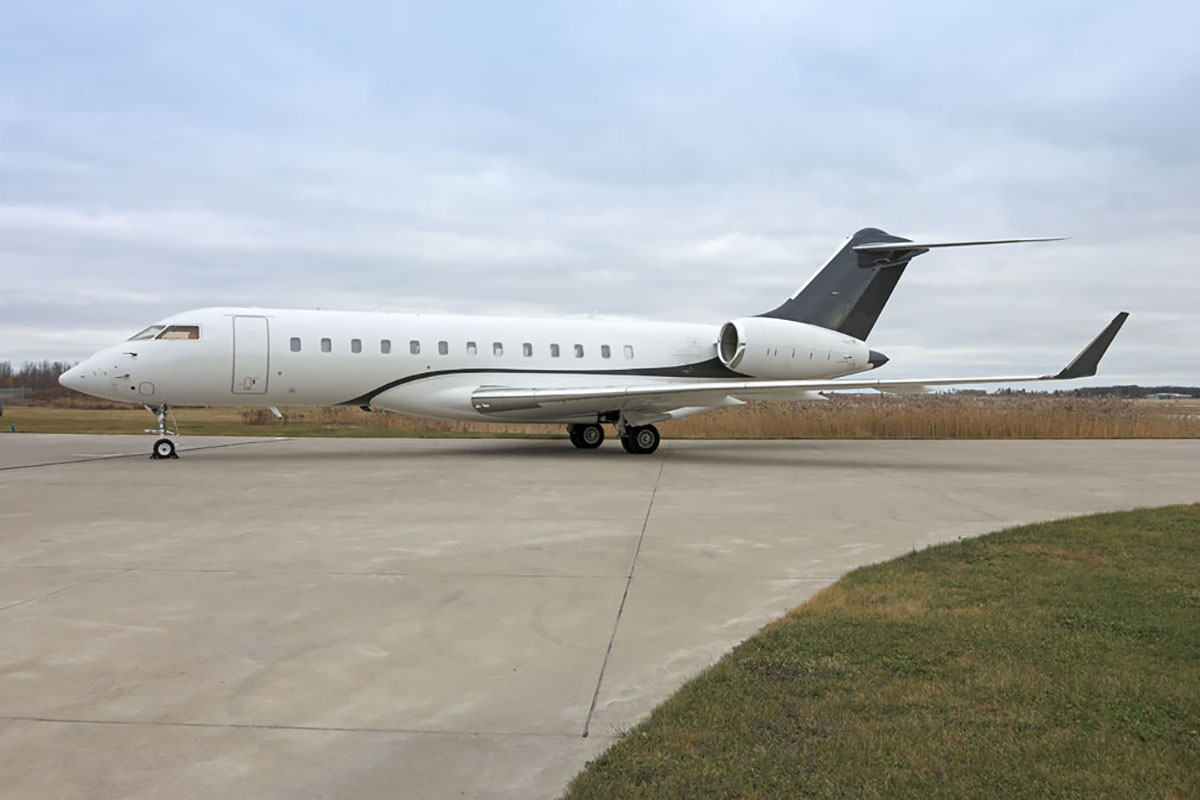
The Global 6000 is a great compromise between size, range and comfort, says Jahid Fazal-Karim
LUX: What changes have you seen in the market in the last few years?
Jahid Fazal-Karim: The main change that I’ve seen is that people are buying bigger and bigger airplanes. The mix of small planes versus big planes has changed. When I started at Bombardier in 2001, so almost 20 years ago, there were a lot of lighter jets selling on the market and if you looked at the model mix, they were very few large airplanes available. Really it was a duopoly between Gulfstream and Bombardier. Today, even if you look at most of the OEMs, they all have bigger planes, such as a 7X, 8X. Everybody is going bigger and longer range, and now you see a lot of first time buyers that actually buy a Global or a 7X, or a G550 or 650 as their first plane. 18 years ago, you started with $10 million or $8 million, not a $15 million plane.
LUX: Have you noticed a change in the demographics of consumers? Where are you doing business?
Jahid Fazal-Karim: The United States are still the largest users of private jets by far. After that it’s probably Europe and Latin America, and then Asia. And then China is obviously growing. But China is interesting because it should be growing a lot faster in terms of the number of jets they buy, but they have these ups and downs, depending on the government and the policies.
Interestingly, Monaco is good place for doing business because people are in a relaxed environment and usually it’s when they’re relaxed and that’s when they think about purchasing a plane or a boat or a house. I have a lot of meetings in summer in Monaco and meet people in a very relaxed environment, have lunch with them or go to Le Club 55 in St. Tropez. I’ve done a lot of deals in those places.
Read more: Tim Walker’s portrait exhibition at Michael Hoppen Gallery, London
LUX: Is the jet share market affecting your business?
Jahid Fazal-Karim: I find the jet share market an enhancement to our business because it actually allows people to get into the private jet segment. In the old days when you didn’t have the FlexJet, the NetJets, the VistaJet, you had to go buy your jet, right? Not anybody could afford to just buy a jet. Today, you don’t have to, I mean you have to be wealthy obviously, but you don’t have to be super wealthy to fly private. So people get a taste of private flying a lot earlier, which means when they get more successful, and they can actually afford a plane, they’ll go and buy it. But where we can play really well [with those companies] is when they resell, because when they replace their fleet they need people like us to move the products.
LUX: How are you considering sustainability issues?
Jahid Fazal-Karim: I think any business that you try to develop these days has to have some form of awareness of sustainability. I think there’s a lot of misconception about airplanes because people think that airplanes pollute the planet. But if you think about the actual emission of airplanes, not just private jets, even commercial aircraft, they are actually very fuel efficient. The consumption of fuel per person is actually probably less than cars. Weight is a huge issue for anybody that is going to develop an airplane because the lighter you can develop an airplane, the farther you can fly, and the less fuel you’re going to consume. So efficiency is at the core of the design of an airplane, you can’t design an airplane with inefficiencies. And the industry is always researching ways of being more and more and more efficient. I think the technology is there and I think down the line you’ll see more and more efficient airplanes out there.
LUX: Finally, when you are travelling for pleasure, where do you go?
Jahid Fazal-Karim: My family and I try to discover new places. What’s funny is that I’ve been to a lot of places for business, but I don’t know much about them. So for instance, there was one trip that I took with my family in China. I used to go to China quite a lot and I still go now, but I’d never done a real cultural experience in China. So I went to China with my wife and one of my son for two weeks and we really discovered China. We went to see the terracotta soldiers, for instance, in Xi’an, and all the temples in the old city in Beijing. We’re thinking about going into Japan this winter because my older son loves Japanese food.
Find out more: jetcraft.com





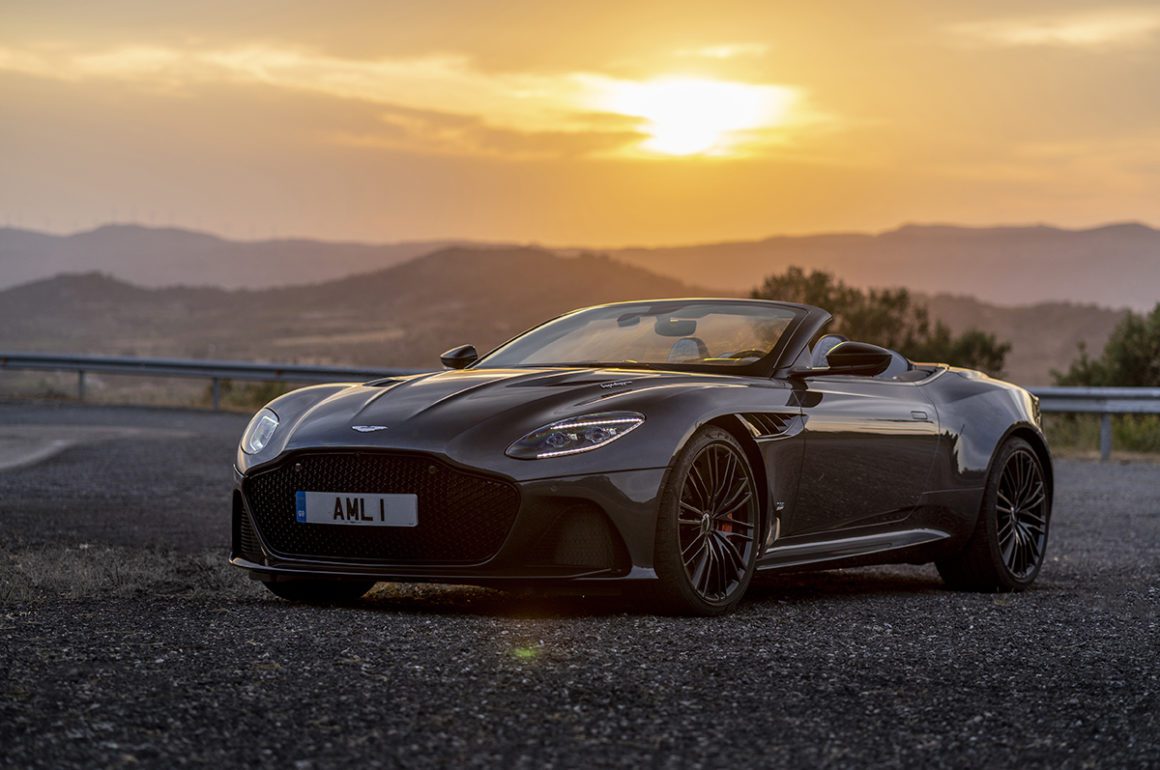
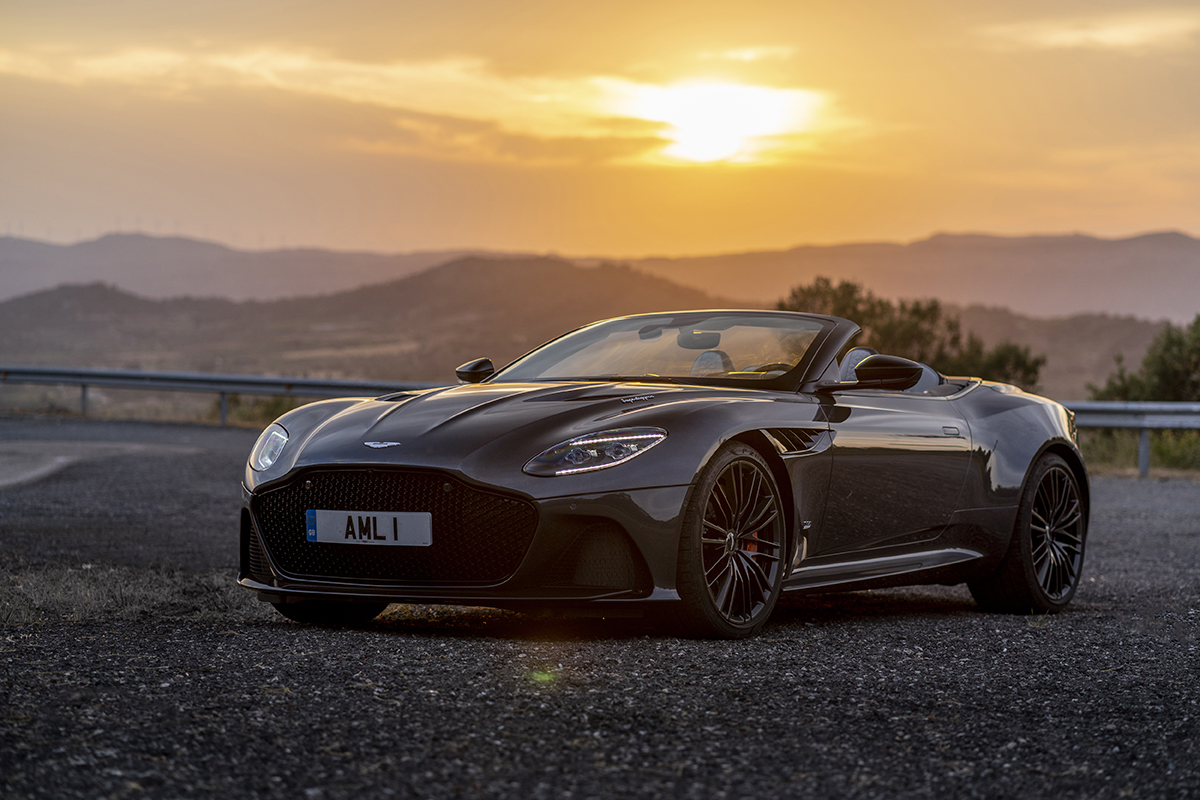
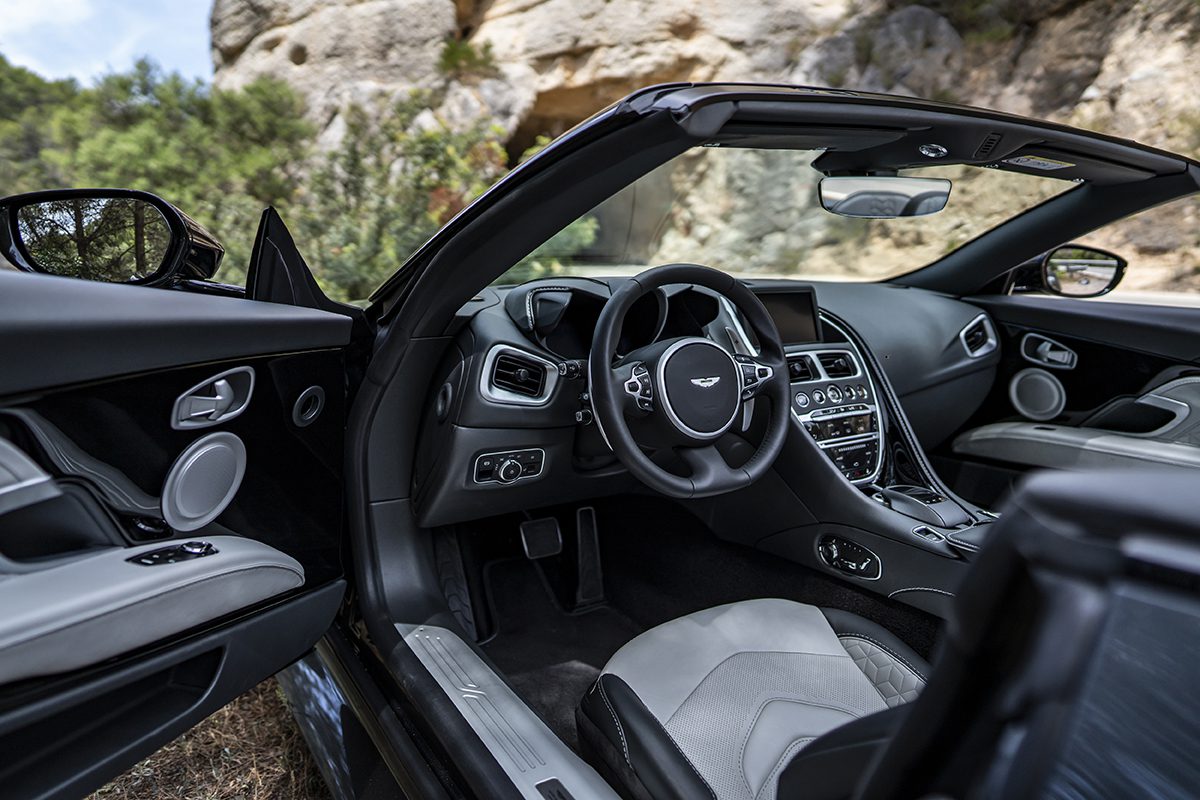
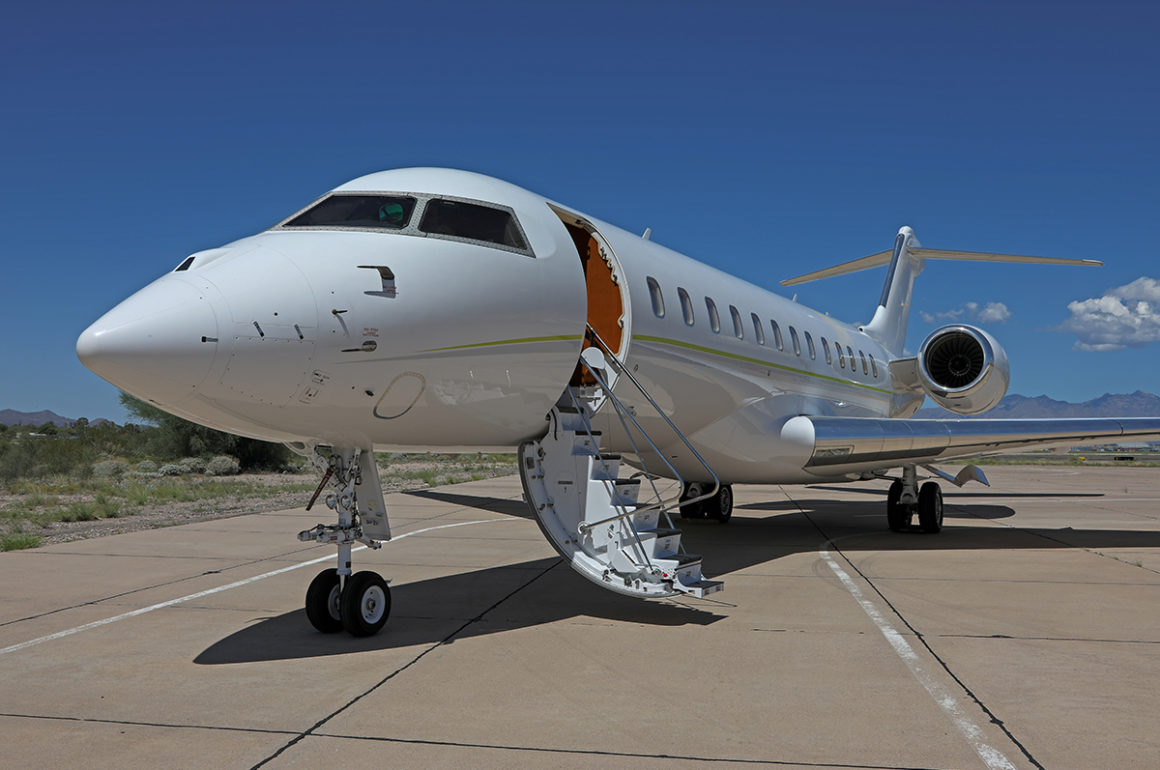




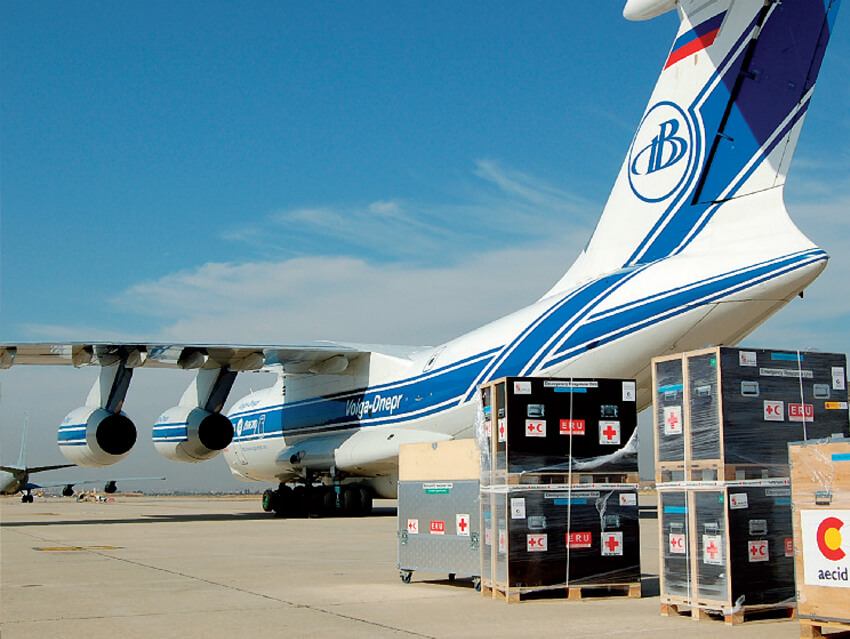







Recent Comments